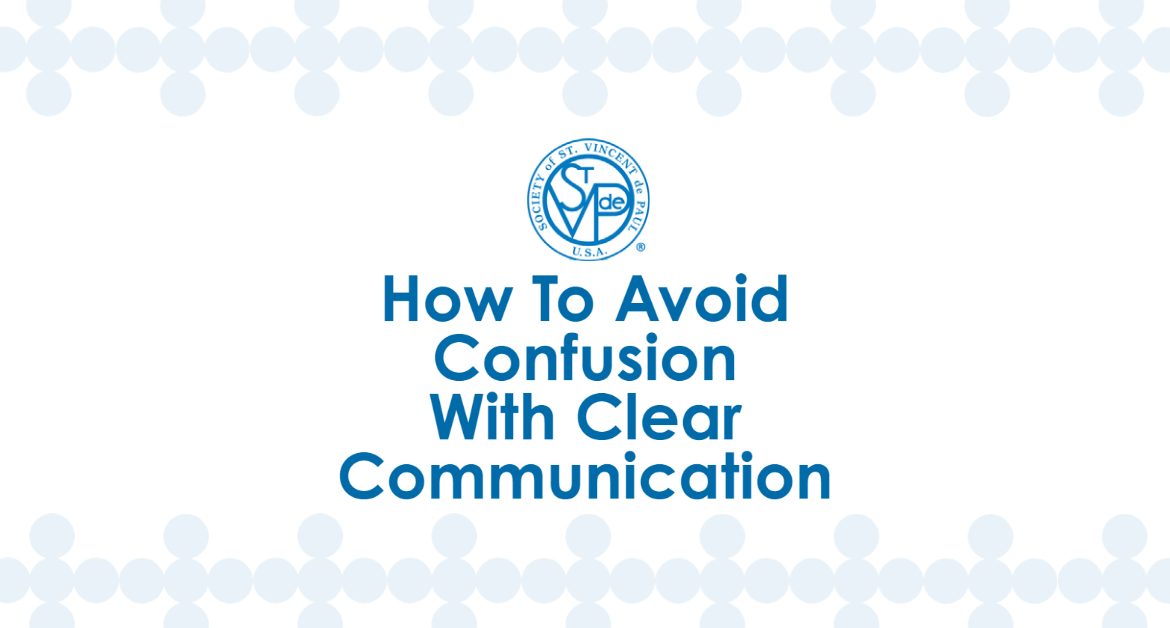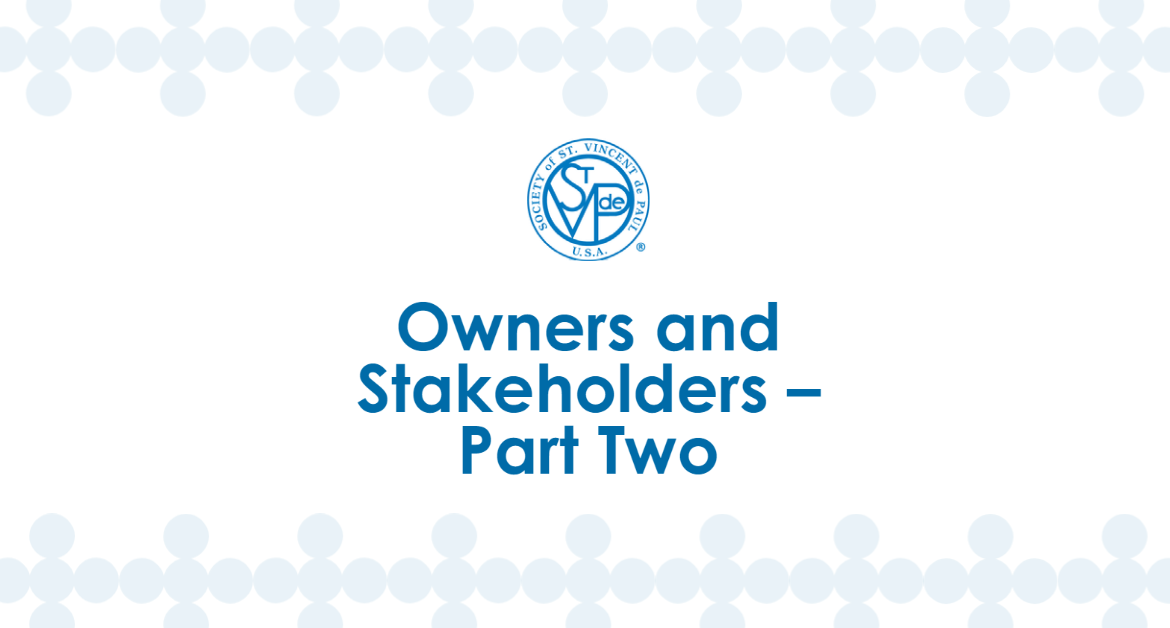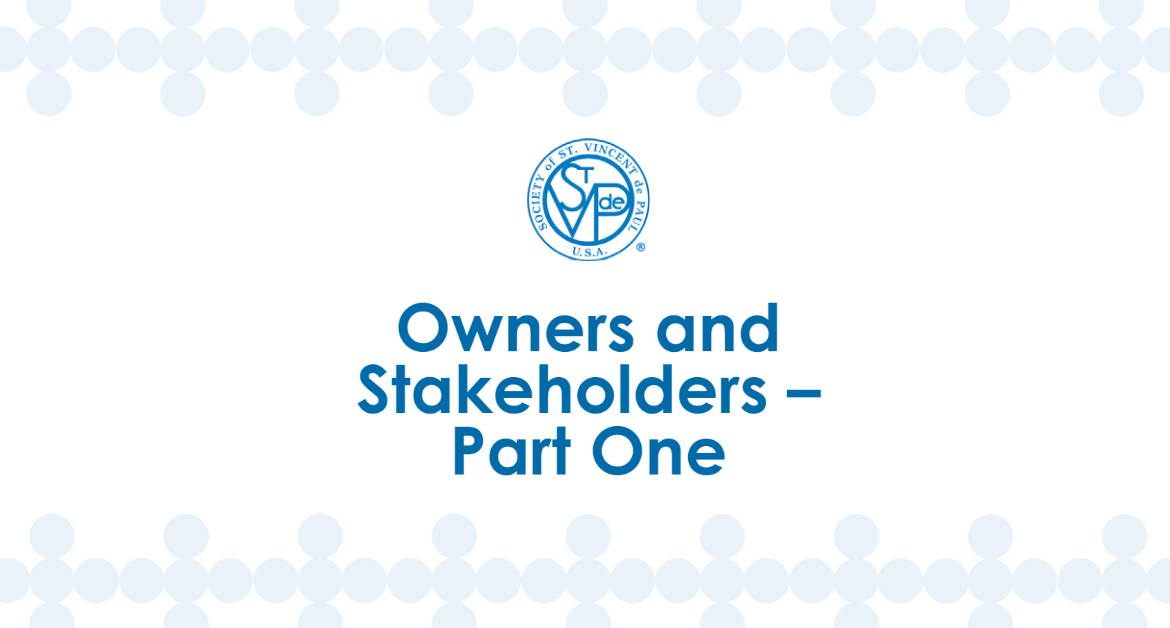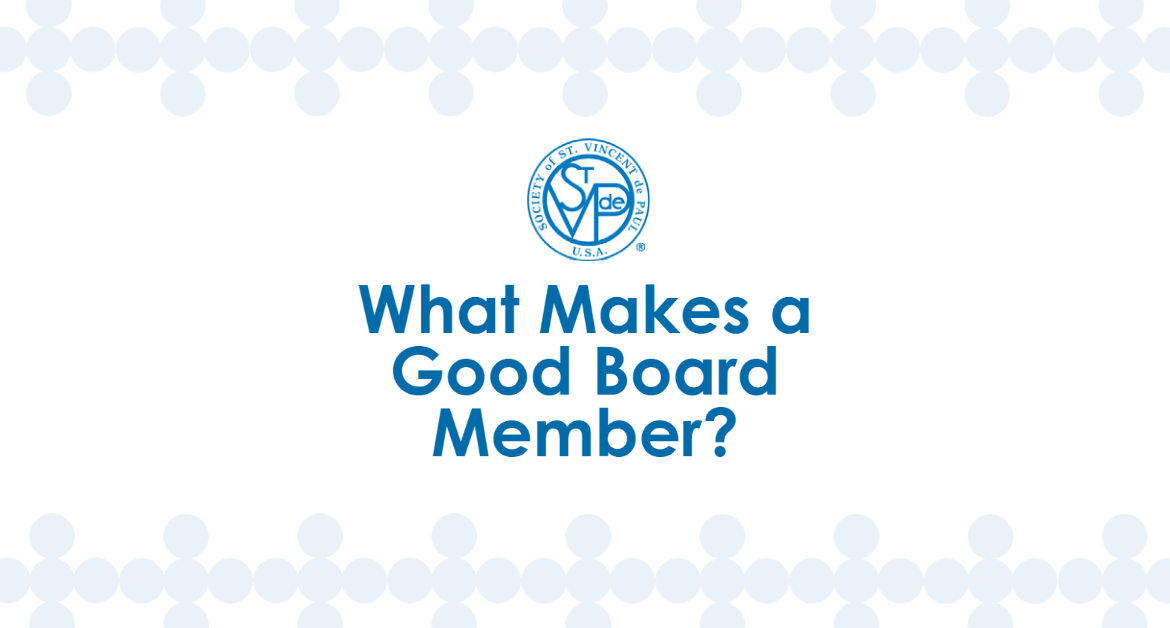One afternoon as I was passing through the airport on my way home, I ran into a colleague of mine, Stephen M. R. Covey, the author of the book “The Speed of Trust.” We stopped and exchanged a few pleasantries. I could tell that he needed to get through security, so I bid him safe travels.
As he was hurrying away, I yelled after him, “I know something faster than the speed of trust.” He yelled back, “What’s that?” I responded, “Distrust.” He laughed as he hurried away and responded, “You’re probably right.”
Think about it for a minute. Some people will trust you from the beginning of your relationship without having any experience with you. Others won’t trust you no matter what you do; you really have to work to earn their trust. Still others begin their relationship with you in a neutral position. They will wait to see what you say and do before they trust you.
No matter where the trust in any relationship begins, what we know for sure is that it doesn’t take much negative behavior to diminish the trust that people have in you.
Here are a few tips to help you assess your trustworthiness and to increase the confidence people have in you.
- Do you walk the talk?
There is probably nothing that erodes trust quicker than saying one thing and then doing another. The first time this happens, people will take a closer look at your behavior. But if it happens repeatedly, people will come to distrust you and not believe anything that you say. You will appear as if you just say what you think people want to hear. This seeming lack of credibility will cause people to question your intentions and can cause lasting damage to your relationships.
What to do? Stop and think about what you are about to say, or what purpose your message needs to convey, and then say what you truly mean. Being deliberate and intentional about your message will increase alignment between your message and your behavior.
- Do you keep your commitments?
This is closely associated with the previous question. Sometimes we make commitments and things change. When this happens, it is important to acknowledge your commitment and make necessary adjustments. If you let another commitment take priority over a previous commitment and don’t manage that dynamic, then people will learn to not take you seriously and may not keep their commitments to you.
What to do? Keep a calendar of your commitments and manage them. If something changes, then be sure to communicate those changes and make new arrangements as soon as you can. Don’t blow people off or forget to keep your commitments. Using some kind of planning or calendaring software will help you to keep your commitments while strengthening the trust that others give you.
- Is your behavior consistent?
If you have wild mood swings and are unpredictable, your erratic behavior will lead people to distrust you. In one of my first corporate positions, I had a manager who had broad swings in behavior and mood. You never knew if your performance would be celebrated or trashed in front of others. The first person to arrive in the morning would test the waters and then alert everyone at the coffee machine if we could engage with our manager or should make ourselves scarce that day. Consequently, few people felt that they could fully trust him.
What to do? Notice if people approach you and ask for your input or support on their work. If you are not approached by others, perhaps you could find a respected colleague and ask for feedback about how you come across. If someone will be honest with you, listen to what they have to say. Ask for examples and thank them when they finish. If you find that people are unsure about how to approach you, strategize some ways to manage your behavior and mood so it is more predictable and consistent.
- Do you misrepresent the truth?
This happens more frequently than people would like to admit. People are often afraid to speak up and tell it like it is, fearing the perceived negative consequences that could occur. This perception will have a negative impact on behavior. When people don’t keep their commitments or meet expectations of performance, then they feel forced to cover their mistakes to justify their behavior. This leads others to avoid interacting with those individuals and to distrust the stories they offer as excuses for their behavior.
What to do? If you find yourself misrepresenting or exaggerating situations, then you are at risk to not be taken seriously and are setting yourself up to be distrusted. Stretching the truth and making excuses can become a habitual response. If this is often your first reaction, recognizing your tendency to do it, determining your motivation behind this response and correcting it will go a long way toward building trust.
- Do you withhold information from others?
This is usually a power play of sorts where people make themselves the gatekeeper of what others need to know to do their work. Such behavior leads to frustration on the part of others and also can lead to people not sharing information that you may need. Withholding information also leads people to figure out how to work around you so they have as little interaction as possible.
Sometimes, for legal reasons, you may not be able to tell others what you know. When this is the case and others press you for information, you simply need to tell people that you can’t tell them about a certain situation because of legal ramifications to you and your company.
What to do? Ask people what information they need and, specifically, identify deadlines. Look to offer support and address others’ needs and concerns to increase the success of those that rely on you in some way. When people ask you for information that you can’t share, simply manage the situation and tell them that. They will understand.
- Do you gossip about others?
Nothing will erode trust quicker than talking about others behind their back. Unfortunately, people often talk about others rather than to others. When you gossip, your behavior tells your listener that if you would talk about someone else, then you would also talk about them. Although they may listen to you and engage in the gossip, they won’t trust you. This kind of behavior ruins relationships, destroys company culture and creates emotional drama that everyone would rather avoid.
What to do? Stop it. If you have an issue with someone, talk to the person you need to talk to and avoid the rumor mill that puts people on negative alert but never solves the problem. Otherwise you will just get more of the same – poor results and no trust.
- Do you throw others under the bus?
This behavior usually takes place when someone is trying to avoid responsibility or accountability for the results that were created. Sometimes, when others have not kept their commitments to you, their behavior has a direct negative effect on your results. When this is the case, ask yourself, “Did I manage the situation in such a way that kept them from being successful? Did I do my part to help them to be successful and to achieve the desired results?” Sometimes we become so busy and have so many things to do that we fail to manage a person or a situation in an optimal fashion.
What to do? Be responsible and take accountability for managing others, facilitating activities that will produce the desired results. When things don’t go as planned, examine your part in the process and accept ownership. Doing so will go a long way to creating and strengthening trust.
- Do you keep confidences?
Someone once told me that there is no such thing as a secret until the person you told it to is dead. If someone shares something sensitive and important with you in confidence, unless there is a specific and legal reason not to, you should keep those things confidential. If you are going to share something important with another person, you should assume that sometime or somewhere what you share will be shared with someone else.
- Are you supportive of others?
Nothing increases trust like being sincerely interested in and supportive of others and their efforts. If you are a leader and you frequently ask people what they need from you and how you can help and support them, they will feel the satisfaction that comes in knowing someone cares about them and their success. That care and concern will translate into increased trust.
What to do? Check in frequently and offer support. This will afford you the opportunity to get to know them, how they are doing and what you can help them with. Making interpersonal connections such as these will improve their work and their performance.
Our interactions with others serve either to build trust within our relationships or call it into question. Recognize that what you do and say is the first step in building and strengthening trust. As you consciously work to increase others’ confidence in you, your interactions will improve and you will achieve greater results. And, you’ll never have to worry about the speed of distrust.
Connect with John R. Stoker on Facebook, LinkedIn or Twitter.






